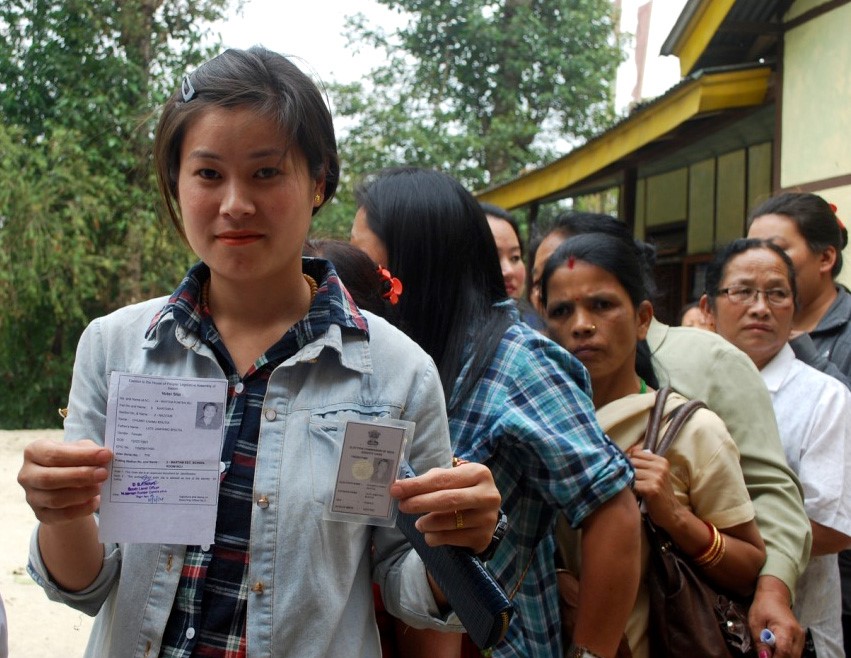 MUMBAI – A recent study conducted by the Azim Premji University (APU) and the Center for the Study of Developing Societies (CSDS) concluded that “There is a distrust of leaders from outside the community across all classes, and all caste-class intersections.”
MUMBAI – A recent study conducted by the Azim Premji University (APU) and the Center for the Study of Developing Societies (CSDS) concluded that “There is a distrust of leaders from outside the community across all classes, and all caste-class intersections.”
Put simply, the majority of Indians prefer leaders with whom they identify most.
Voter responses in Madhya Pradesh, Andra Pradesh, and Telangana are representative of overall findings. “More than two-thirds of those surveyed in Madhya Pradesh revealed a desire for a leader from the same caste (65%) and religion (64%)–highest among all states included in the study; states expressing the lowest such desire were Andhra Pradesh (43% for caste, 38% for religion), and Telangana (48% for caste, 46% for religion).”
Overall, 55% of all respondents expressed a preference to vote for political leaders from their caste and religion.
Why is that preference so strong and should we be surprised at the results? Consider the following observation:
“When groups feel threatened, they retreat into tribalism. When groups feel mistreated and disrespected, they close ranks and become more insular, more defensive, more punitive, more us-versus-them.”
The significance of that statement is that it was not written about Indian political preferences. It was a perspective on American politics. The quote is from Amy Chua’s 2018 book, Political Tribes, published by Random House. Her research indicates that,
“In America today, every group feels this way to some extent. Whites and blacks, Latinos and Asians, men and women, Christians, Jews, and Muslims, straight people and gay people, liberals and conservatives – all feel their groups are being attacked, bullied, persecuted, discriminated against.”
Any nation where there are significant sociodemographic differences will inevitably experience “political tribalism” driven by perceived disparities in recognition and prioritization of each group’s particular needs.
A Dalit is more likely to vote for a Dalit because that person would be expected to best represent that group’s interests and needs. People in the “upper echelons” of society expressed “the lowest trust in leaders from outside their own” according to the APU/CS study.
A Pew Research study of American politics observed that, “Some of the most pronounced partisan differences are in views of equal opportunity in the U.S. and whether the rights and freedoms of all people are respected.”
There is the crux of the matter, whether in India, America, or anywhere else in the world. The “underserved” tend to vote to those who will influence the government to serve them better. The “adequately served” are generally wary of having to sacrifice at least some of their privilege.
Ironically, the ideal of inclusion may be a stimulator of identity politics because true inclusion with complete parity is difficult to achieve simultaneously for everyone or at a pace that is satisfactory for all.
Until we can find the solution, people will vote for those who best represent their sociodemographic identity.
Sources:
- IndiaSpend, Majority Of Indians Prefer Leaders From Own Caste, Religion, Tribe
- Programme for Comparative Democracy, Politics and Society between Elections: Lokniti-APU Study 2017
- Pew Research Center, The Public, the Political System and American Democracy
- The Guardian, How America’s identity politics went from inclusion to division
Image Source:
- By Press Information Bureau [GODL-India], via Wikimedia Commons




